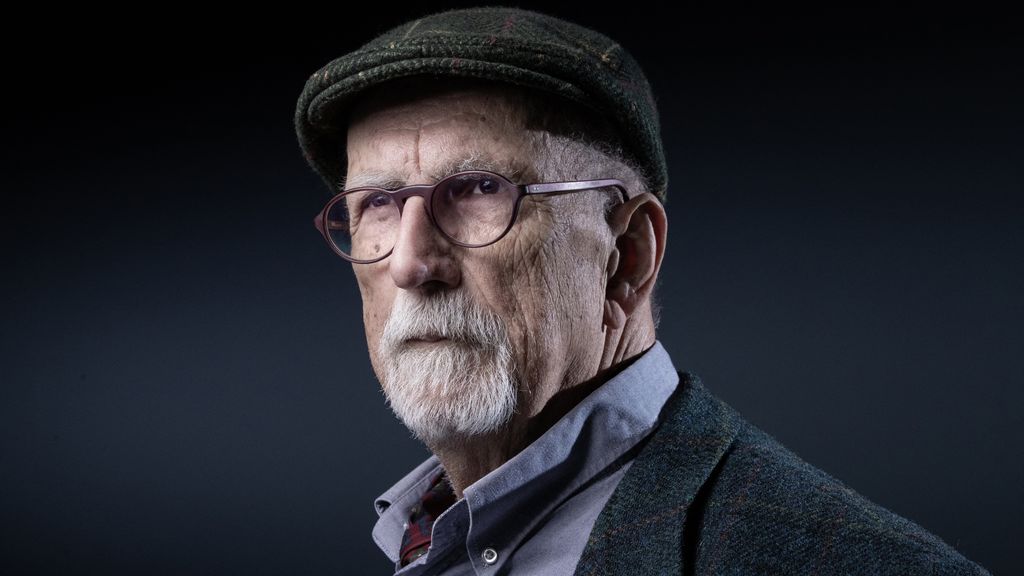
AFP
ONS News•
French philosopher and anthropologist Bruno Latour (75) has died. He was considered one of France’s most important contemporary thinkers and one of the greatest innovators in the social sciences.
Latour dealt with the most diverse subjects, such as the (social) construction of scientific facts, and he was one of the founders of actor-network theory. In recent years, he has paid a lot of attention to climate change.
Latour was born in Beaune in 1947 into a family of winegrowers. He studied philosophy, sociology and anthropology at the universities of Dijon, Tours and Paris. From 1982, he taught at the famous engineering school École Nationale Supérieure des Mines and from 2006 at the elite university Institut d’études politiques (Sciences Po).
Social process
In 1979 he became famous among his colleagues with the book Laboratory life: the social construction of scientific facts, which he wrote with British sociologist Woolgar about how research results are produced in a laboratory. Contrary to popular belief, it was also a social process, according to Latour, in which issues such as rhetoric, prejudice and group behavior play an important role.
In the 1990s, he developed the theory of actor networks with Michel Callon and John Law. It is an approach that analyzes social phenomena as networks in which not only people play a role, but also things. The differences appear only after interaction. According to actor-network theory, people and things form, so to speak, the “atoms” from which every larger whole is built.
climate deniers
In the last years of his career, Latour focused almost entirely on climate change and the question of how this area of science has been undermined by, for example, climate deniers. His starting point was that science and politics can no longer be separated. On topics with strong political implications, such as race, IQ and climate, scientists cannot be impartial, Latour says. That doesn’t mean you can’t do good science, he says, but you need to be open about your assumptions, methods, and conclusions.
In his book Face to face with Gaia as of 2017, he stated that nature is no longer the stable background of our actions, but that we ourselves are part of it. “We have entered the drama of geohistory, the epoch of the Anthropocene. At this time, the ecological consequences of human actions come forcefully to the fore,” Latour said.
Latour’s work has been recognized with numerous awards, such as the Holberg Prize in 2013 and the Kyoto Prize last year. He also held several honorary degrees from universities in Sweden, Switzerland, Great Britain and Canada.

“Infuriatingly humble social media ninja. Devoted travel junkie. Student. Avid internet lover.”
 DodoFinance Breaking News Made For You!
DodoFinance Breaking News Made For You!